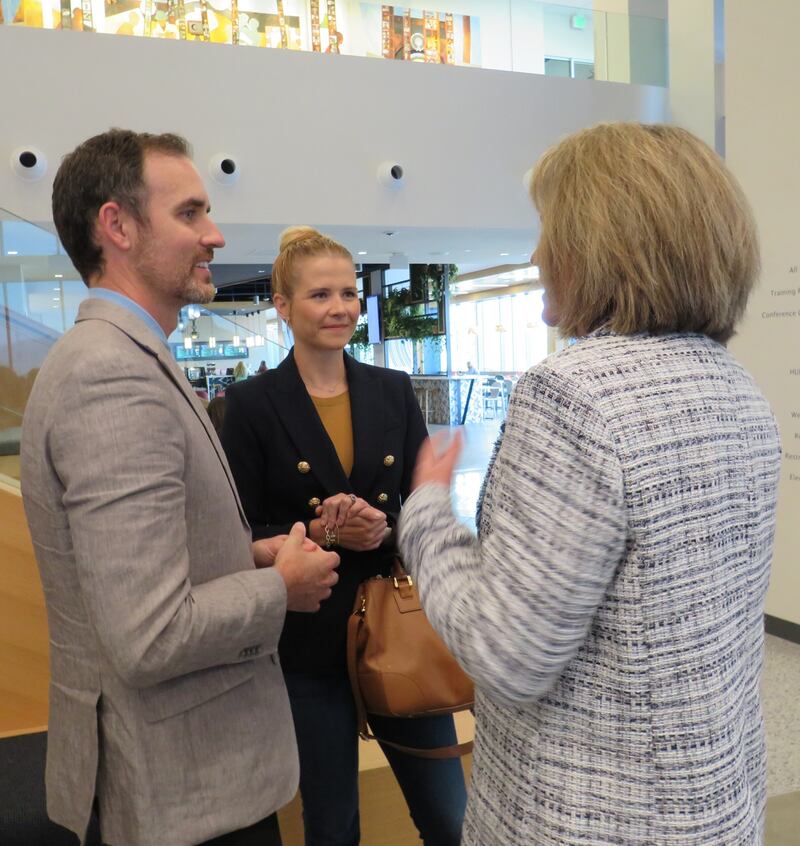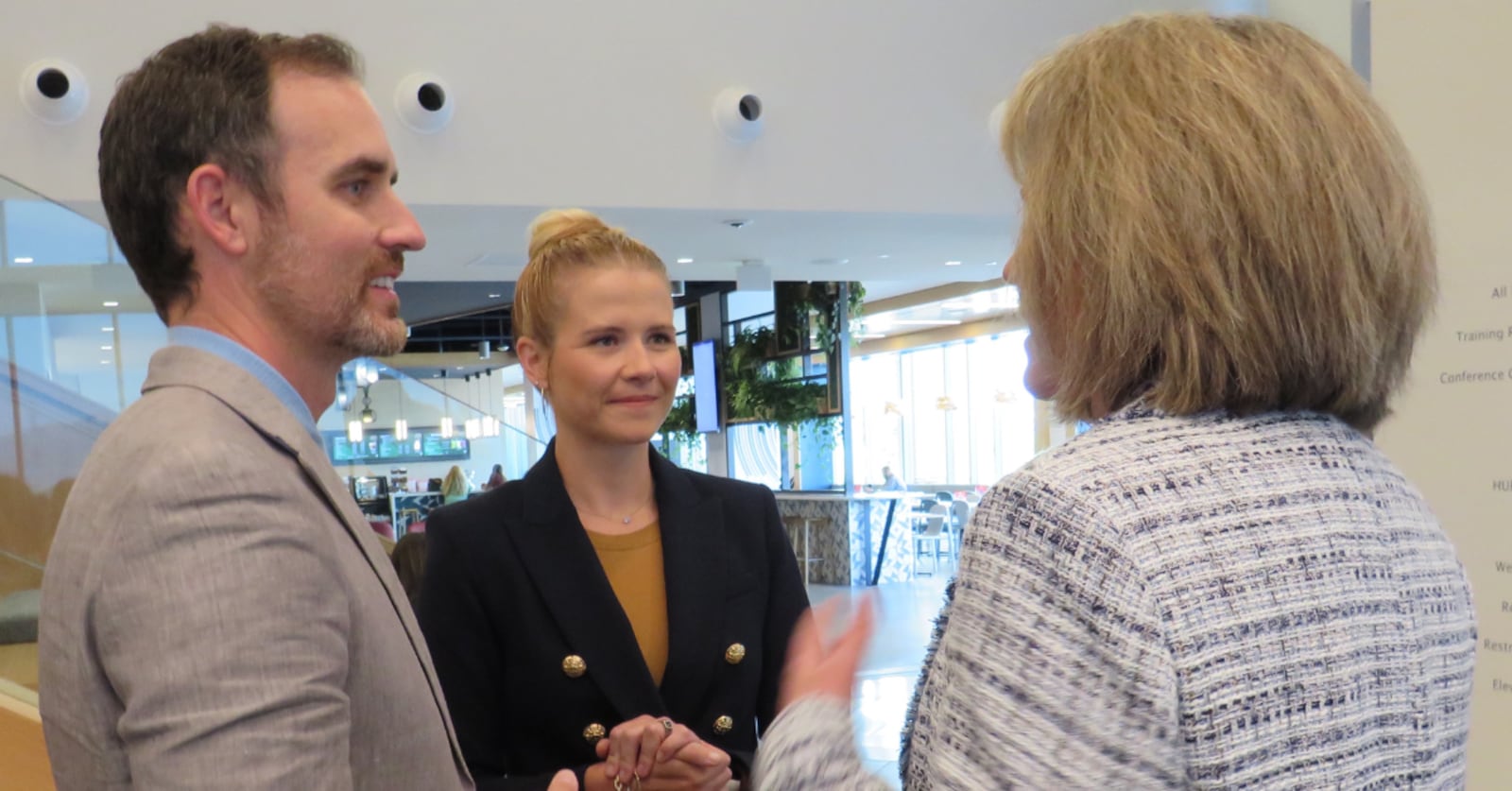
Photo courtesy of A Bolder Way Forward
By now, the statistic is infamous: According to a recent WalletHub report, Utah is ranked the worst state in the nation for women’s equality. For Susan Madsen, founding director of the Utah Women & Leadership Project and the inaugural Karen Haight Huntsman Endowed Professor of Leadership at Utah State University (USU), that’s just not acceptable.
As a well-known global scholar, author, speaker and mother of four, Madsen has spent much of her career championing women. That’s why she’s spearheaded a new project, A Bolder Way Forward (BWF), an initiative bringing together leaders in Utah to help women and girls thrive—something she believes will lift the entire community.
Year after year, Utah continues to have high levels of domestic violence, sexual assault, child sexual abuse, and gender-based discrimination, according to Madsen. The state also has low levels of women’s leadership representation in nearly all domains, including politics and business. And although the needle has moved slightly in a few areas, with its current trajectory, it could take four decades to make notable progress.
“There is a lot of change that needs to happen in all areas,” Madsen says. “This isn’t good enough for our daughters and granddaughters.”
BWF plans to drastically improve the environment for working women by 2030, uniting entities already doing the work to help women while adding new voices and filling in the gaps. “This is a shift to systems thinking, which is that ‘The whole is greater than the sum of its parts,’” Madsen says.
The program names education, community engagement, safety, health, well-being and workplace issues for women and girls in Utah as key focus areas, with plans to address underlying sexism, identity, culture and male allyship.Major funders for BWF include Zions Bank, the Utah State Legislature, Cambia Health Foundation and USU, according to Madsen. Others include Intermountain Health, University of Utah Health, the Salt Lake Chamber, United Way of Salt Lake and the Utah Governor’s Office of Economic Opportunity.
“This is societal change; it’s messy work,” Madsen says. “But it’s the right time. It’s our turn to do something bold like this that no other state has done. I think we can be a national leader in how to shift things for girls and women.”
Aside from funding BWF, business leaders can help by creating positive industry peer pressure, educating employees, enacting company and government policy change and promoting community engagement, Madsen says. BWF lists more ways to get involved in its Business Partner Opportunities fact sheet available at www.abolderwayforward.org.
“One of the things that more business leaders are beginning to understand is that the experiences women and families have outside work absolutely impact what is happening when they are working. Educating employees and offering family-friendly benefits do matter,” Madsen says.
Anyone interested in helping BWF is encouraged to take the BWF participant survey. “Just tell us how you want to be engaged,” Madsen says. “We’ll give you some options."

